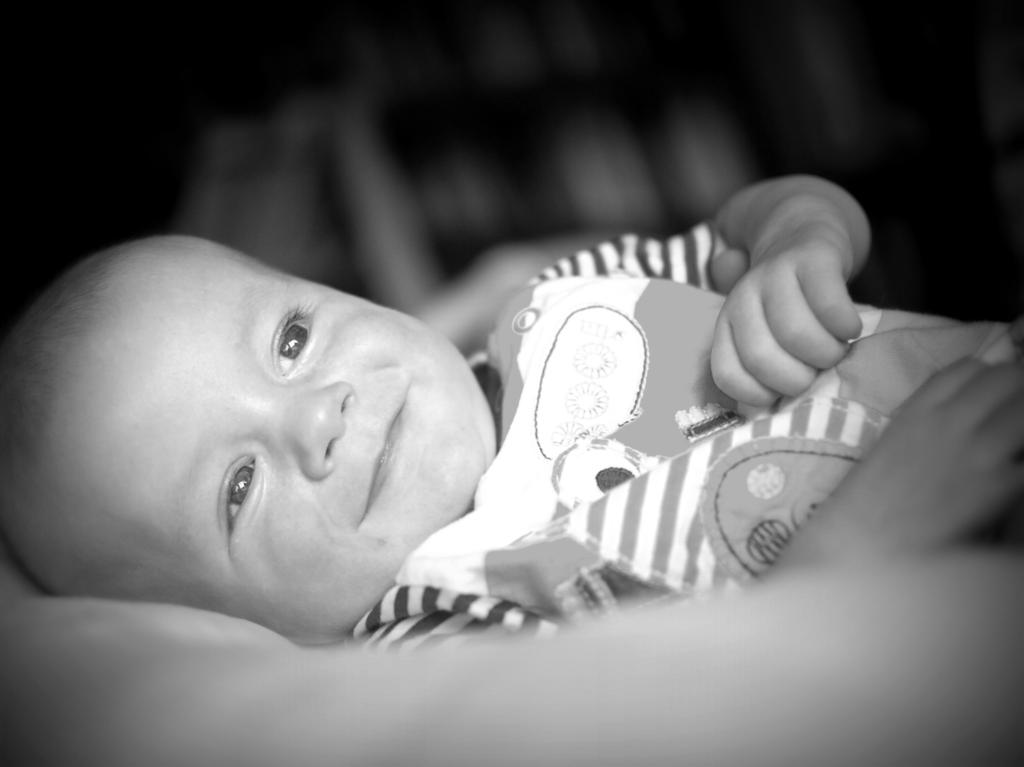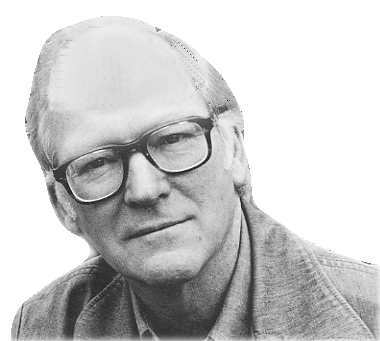Click here and press the right key for the next slide (or swipe left)
also ...
Press the left key to go backwards (or swipe right)
Press n to toggle whether notes are shown (or add '?notes' to the url before the #)
Press m or double tap to slide thumbnails (menu)
Press ? at any time to show the keyboard shortcuts
Conclusions and Questions
the question

no big idea
(case-by-case approach)

‘if you want to describe what is going on in the head of the child when it has a few words which it utters in appropriate situations, you will fail for lack of the right sort of words of your own.
‘We have many vocabularies for describing nature when we regard it as mindless, and we have a mentalistic vocabulary for describing thought and intentional action; what we lack is a way of describing what is in between’
(Davidson 1999, p. 11)
core knowledge of
- actions
- syntax (?)
- minds
- causal interactions
- physical objects
- colours (?)
- (number)
- (space)
What is core knowledge?
Is it all one thing?
Does it exist in adults?
How does it relate to knowledge knowledge?
(How does it relate to nonhumans' cognition?)
- Core knowledge exists.
- There is a gap between core knowledge and knowledge knowledge.
- Crossing the gap involves social interactions, perhaps involving words.
Minimal approaches
to joint action
and referential communication
do not presuppose
and may therefore explain
knowledge knowledge.
development as rediscovery